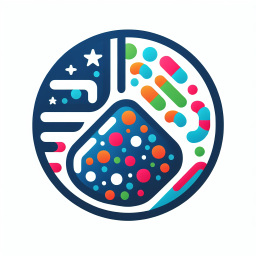Domain Details
Domain Age
10 years
Registered
Aug 2015
Registrar
GoDaddy.com, LLC
TLD
.com
Uppercase
PROBIOTICSAMERICA.COM
Lowercase
probioticsamerica.com
Description
ProbioticsAmerica.com is an exceptional domain that positions you at the forefront of the health and wellness industry. With its memorable and easy-to-pronounce name, this domain offers remarkable brandability. As the interest in probiotics continues to surge, having a dedicated online presence is crucial for tapping into this lucrative market.
The TLD '.com' signifies credibility and trust, making it an ideal choice for businesses looking to make a significant impact. Its concise and clear structure embodies what consumers seek: a reliable source for probiotic products or information.
Imagine launching an e-commerce platform for probiotic supplements, creating an educational blog about gut health, or establishing a community focused on wellness. ProbioticsAmerica.com opens doors to diverse opportunities.
This domain harnesses SEO potential by naturally integrating with trending keywords and phrases in the health space, driving organic traffic to your site.
Don't miss out on this chance to elevate your business! Act now and secure ProbioticsAmerica.com today. The health revolution is here, and it's waiting for you.
The TLD '.com' signifies credibility and trust, making it an ideal choice for businesses looking to make a significant impact. Its concise and clear structure embodies what consumers seek: a reliable source for probiotic products or information.
Imagine launching an e-commerce platform for probiotic supplements, creating an educational blog about gut health, or establishing a community focused on wellness. ProbioticsAmerica.com opens doors to diverse opportunities.
This domain harnesses SEO potential by naturally integrating with trending keywords and phrases in the health space, driving organic traffic to your site.
Don't miss out on this chance to elevate your business! Act now and secure ProbioticsAmerica.com today. The health revolution is here, and it's waiting for you.
Seller Notes
Perfect for thought leaders, innovation in wellness, strong market presence, boosts brand credibility, unlimited potential for growth, attract a wide audience
Tags
supplements nutrition wellness online business brandability health gut health e commerce organic probiotics
Ready to secure ProbioticsAmerica.com?
View the full listing, pricing, and lease options directly on NameGULF.com.

Powered by NameGULF.com
Safe • Secure • Trusted Domain Marketplace
© 2023-2026 NameGULF.com
